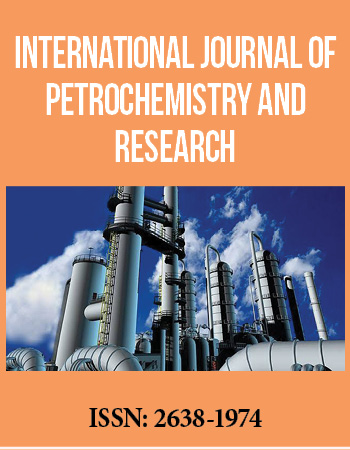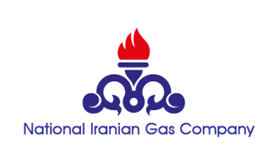International Conference on Oil, Gas and Petrochemistry
April 3-5, 2017 Dubai, UAE
The effect of formation water and seawater on cement physical properties at different concentrations and temperatures
University of Tripoli, Libya
Cementing of oil wells is essential for protecting casing from corrosion and to isolate water-bearing zones from productive formations. Across lost circulation zones, cement behind casing is not set properly due to voidage space of the rock. Furthermore, contamination of cement by saline formation water greatly affects the cement slurry properties such as cement set time and also affects the bond cement compressive and the tensile strength. It is, therefore, necessary to treat the cement slurry before circulating it in the well in order to overcome these problems. The objective of this paper is to determine the effect of formation water on the cement slurry and bond cement physical properties and to also determine proper type and concentration of cement additives for the treatment. Laboratory experiments and investigation were conducted on different cement slurry mixed with different concentrations of seawater and formation water tested at different concentrations of cement additives. Results indicated that the cement slurry properties are greatly affected by the addition of either formation water or seawater as different water concentrations affect the cementing setting time. Compressive strength also increased with time. Optimization of additives concentration was also found to be important as an increase in cement thickening time leads to reduction in the cement compressive strength.
Biography:
Dr. Walid Mohamed Mahmud received his B.Sc. degree in Petroleum Engineering from University of Tripoli, Libya in 1995, M.E. and Ph.D. degrees in Petroleum Engineering from the University of New South Wales, Sydney, Australia in 1997 and 2004, respectively and an MBA from the University of Southern Queensland, Toowoomba,Australia in 2007. He is currently working as anAssistant Professor at the Department of Petroleum Engineering, University of Tripoli. He has been lecturing several undergraduate and postgraduate petroleum engineering courses since 2010. His research interests include drilling cost analysis, drilling and well completion operations, drilling fluids and cementing.



